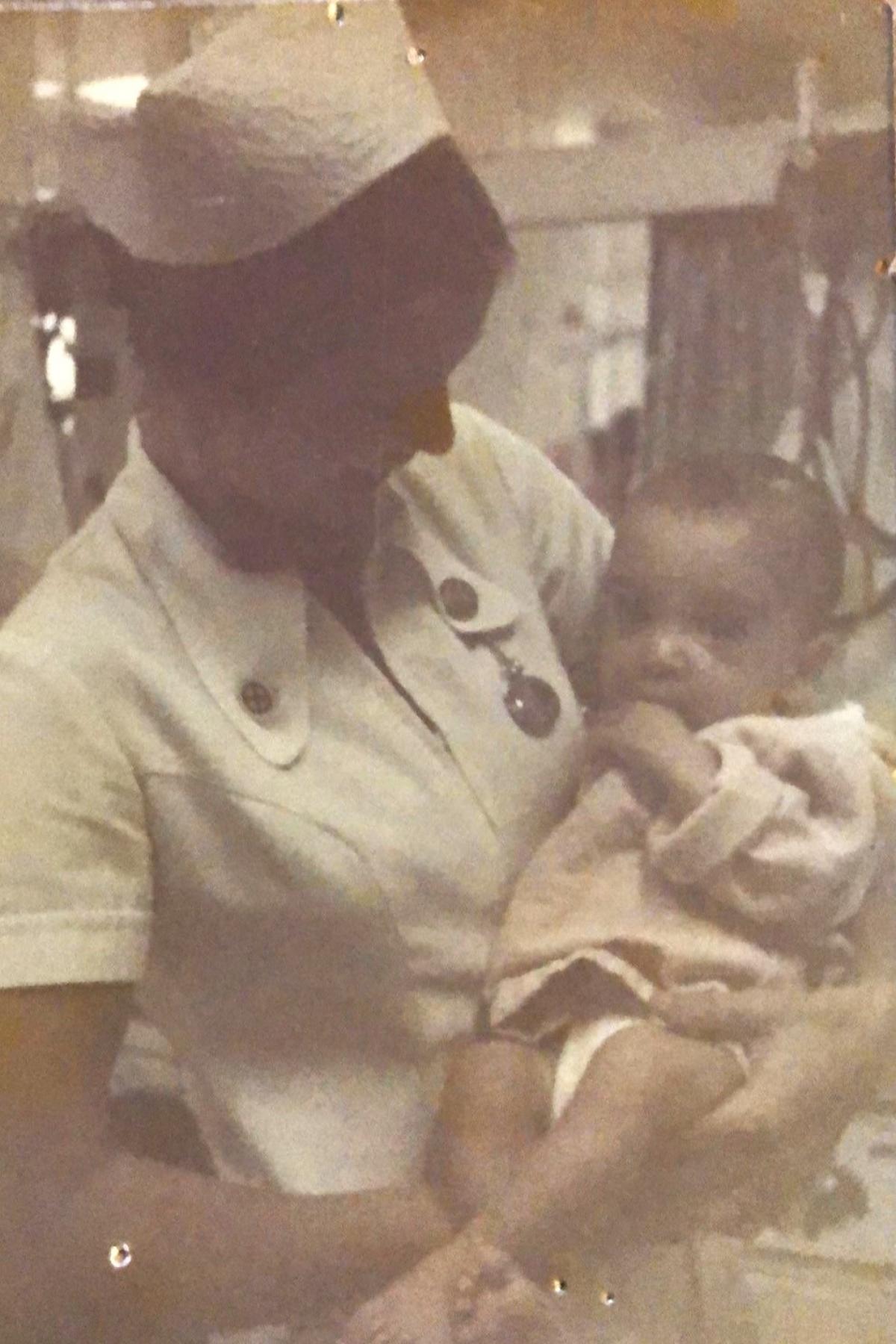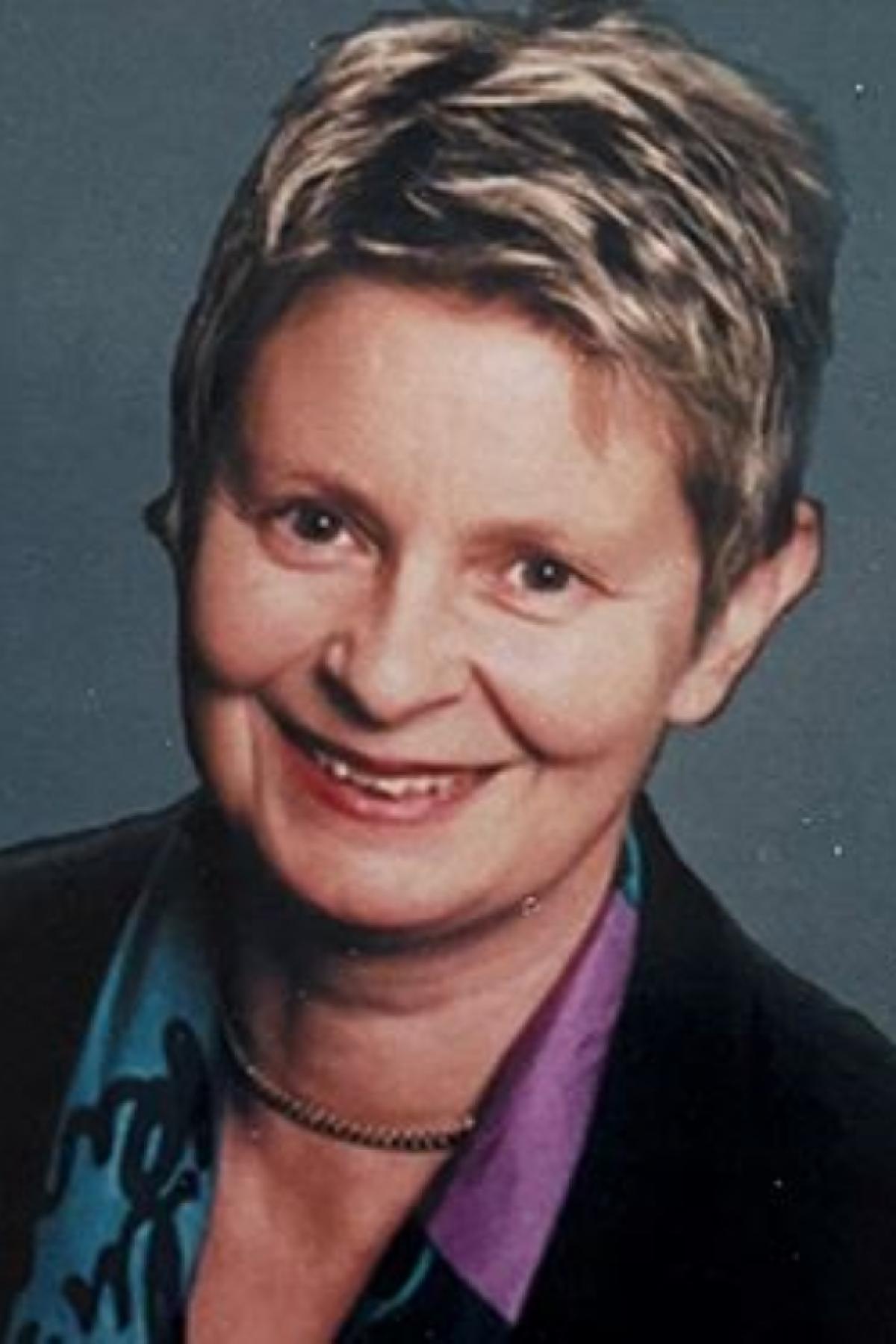Petrie Collins
Petrie Collins has over 50 years' experience in nursing and healthcare education.
Her work has spanned continents and reached into corporate pharmaceuticals and business ownership as well as nursing practice. Petrie believes in the value of lifelong learning, and is dedicated to contributing to the education of others while continuing her own learning.
In 2023, Petrie joined Adelaide Nursing School Alumni Network (ANSAN) as co-opted committee member, bringing decades of experience and expertise.

Petrie started Paediatric Nursing in Adelaide in 1971 after migrating from the Netherlands. After graduating from the University in 2008 with a Master of Nursing Science, Petrie created fond memories working as a tutor in the Nursing School and at the Princess Margaret Hospital in Perth before becoming a Nurse Manager.
Eventually her career spanned the corporate world of pharmaceuticals, with clinical education specializing in anaesthetics and later in immunology products. In 2014, Petrie travelled overseas and established her own company in the Netherlands, translating clinical and educational curricula for Dutch Universities who run bilingual programs.
Petrie considers nursing and other clinical qualifications to be priceless. “'The world will be your oyster' as they say... As a member of the aging-population I can tell you with confidence: stay focused on the fact that you will be extremely valuable, employable and appreciated by your patients and clients," she says.
With a lifelong learning philosophy, Petrie still enjoys reading clinical research journals, nursing news and articles on healthcare politics. She says she’s now “trying to be retired” but can’t leave her passion for nursing and education, and continues to volunteer with ANSAN, contributing valuable knowledge to new generations of nursing professionals.

How did you know you wanted to study nursing?
"Speaking up for my patients and for the nursing profession seems to be a component of my genetic structure."
"I decided to become a nurse and to improve patient care as a 9-year-old appendicectomy patient while witnessing a small burns patient struggling physically and mentally during her traumatic hospital stay. The rest is history. "
What was University like for you?
My Master of Nursing studies initially started in Perth with (scholarship supported) coursework and a thesis related to neonatal diagnosis cost comparisons at Princess Margaret Hospital. I eventually restarted my studies at the University of Adelaide with a necessary change of research topic that became a comparison of adverse event knowledge driven by my passion for optimum safety and quality in healthcare. I welcomed being able to find support for this passion at the University of Adelaide Nursing Faculty. I worked as a Clinical Tutor at the same time and very much enjoyed being part of a close and supportive team while tutoring and working on my Master's thesis.
What have been some highlights of your career?
I have been able to take many rewarding and memorable career opportunities. Naturally, I treasure my own graduations, but also seeing my students and colleagues graduate and become significant clinical professionals. I have appreciated and relished all of my long (over 50 years) career in many areas and at various levels of healthcare, always focused first and foremost on nursing care standards. Overall, it is quite clear to me that contributing to patient advocacy and critical thinking in the nursing profession is a most crucial highlight to be achieved. My first year as RN [registerd nurse] was at the ACH as a clinical instructor and instigating member of the inaugural Welfare of Children in Hospital Committee. Enabling such professional visibility and effectiveness have highlighted the privileges of nursing for me.
What about your most memorable career experiences?
Progressing from hospital training at the Adelaide Children’s Hospital (starting in 1971) right through the tertiary education model for nursing has always supported my lifelong learning philosophy. On a more practical level, I hold many special memories such as a gold medal for my nursing final exam studies, many successful resuscitation memories, helping to create the inaugural Welfare of Children in Hospital Committee and rural, national and international career experiences together with their related travel experiences.
"My many travels and moves have still maintained a sense of feeling at home ‘on campus’."
Where do you hope to see yourself in five or 10 years?
This used to be an exciting career related question however, at age 70, I must say that in 5 or 10 years I just hope to be still learning and independent. If not, I will need to rely on receiving best practice care from professional nurses, carers and clinicians who are now still studying hard to become competent and qualified.
Any top tips for current students to help them build their networks?
Use social media to the max with your fellow students, role models, professional organisations and anyone or any source of information that motivates, understands and supports you. Also, learn whatever you can when you discover less effective and efficient systems that you will no doubt encounter in the future. Make sure you share this knowledge.
